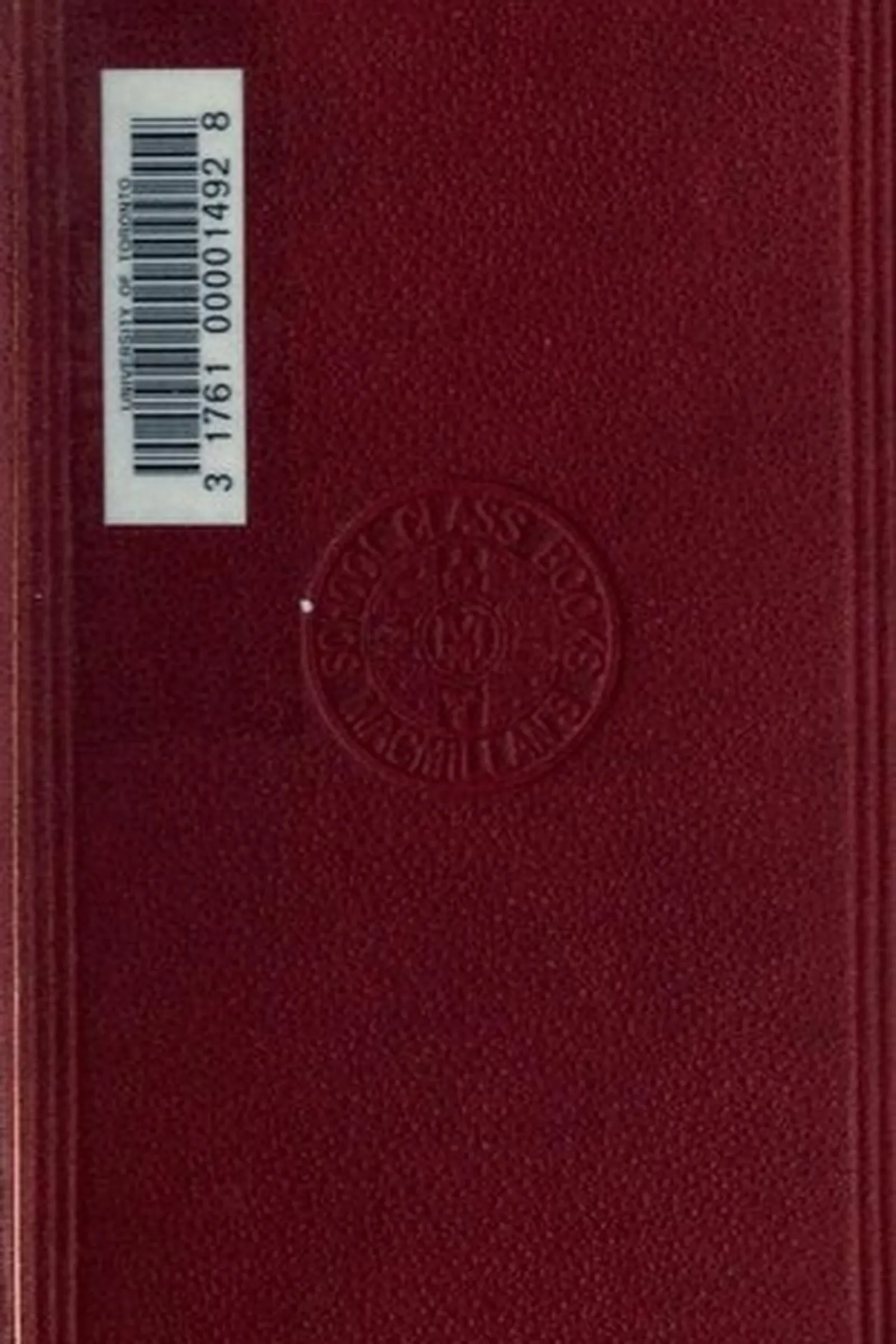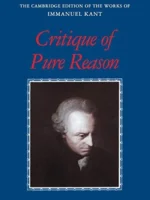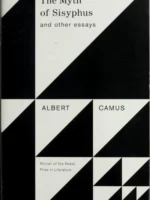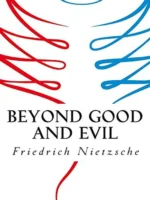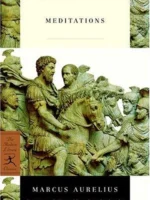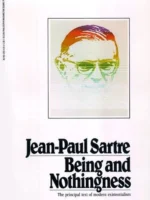The Republic, Plato, 380
- Author: Plato
- Genre: Philosophy
- Publisher: Penguin Classics
- Publication Year: 1888
- Pages: 416
- Format: Paperback
- Language: English
- ISBN: 978-0140455113
- Rating: 4,4 ★★★★★
The Republic Review
The Republic by Plato is the classic conversation about justice and power that still shapes how we argue today. Written around 380 BCE, it stages Socrates debating what a just person and a just city look like. For you, this book offers a toolkit: thought experiments, sharp metaphors, and a method for testing beliefs. It is rigorous without being dry if you read it as drama with ideas attached.
Overview
The dialogue moves from definitions of justice to an ideal city ruled by trained guardians. You will notice the famous images: the divided line, the tripartite soul, and the cave where prisoners mistake shadows for truth. Plato builds his vision step by step, aiming not at policy but at clarity about the good.
Summary
Socrates argues that a just city balances three roles: rulers for reason, auxiliaries for courage, producers for appetite. The same balance should rule the soul. Education is central: music, math, and discipline shape character long before laws begin. In the cave, a prisoner escapes into daylight, sees reality, and returns to help others. The lesson is pointed: knowledge brings duty. The final books test poetry, pleasure, and political decay, ending with a myth about choices that echo beyond this life.
Author
Plato writes philosophy as theater: quick questions, careful answers, a chorus of smart objections. You benefit from his knack for turning abstract ideas into pictures you can hold.
Key Themes
You will explore justice as harmony, not punishment. You will see truth as a hard won habit. You will consider education as character work. You will meet leadership as service to the good, not to appetite.
Strengths and Weaknesses
Strengths: clear structure, vivid metaphors, durable questions. Weaknesses: an authoritarian streak in the ideal city, and long digressions that test patience. Overall: essential and still alive.
Target Audience
This suits students of philosophy, politics, and anyone who wants a stable frame for ethical debate. It works for reading groups that enjoy pushing back as much as agreeing.
Favorite Quotes
Short lines carry weight: who should rule, what is the good, leave the cave. They guide discussion without closing it.
Takeaways
For you, the takeaway is that justice begins with inner order. Train attention, choose honest leaders, and remember that truth worth having asks you to turn around and help.
| pa_author | Plato |
|---|---|
| ISBN | 978-2-236-61357-4 |
| pa_year | 1966 |
| Pages | 403 |
| Language | English |
